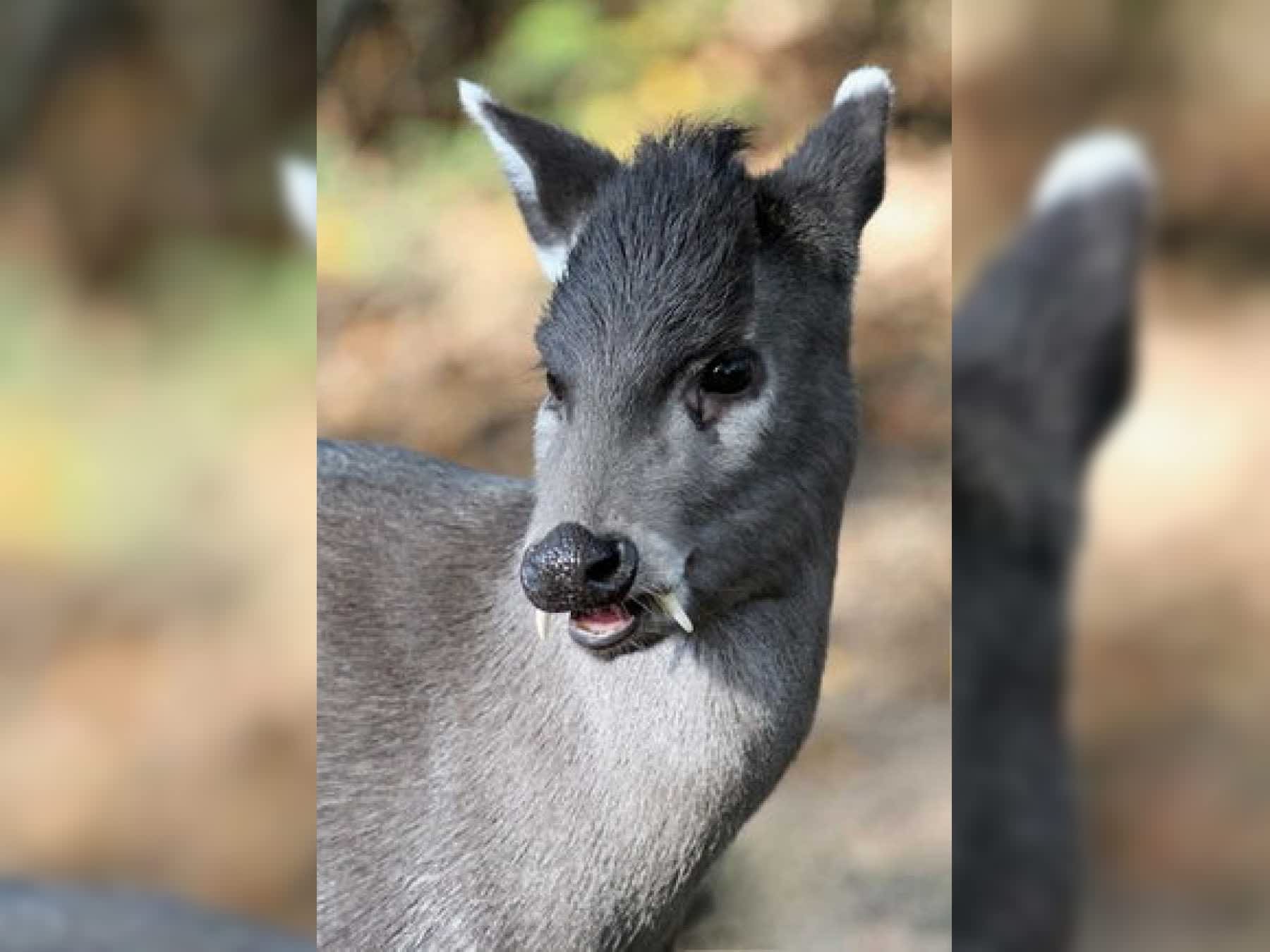The 4 Weirdest Deer Species on the Planet
Daniel Xu 10.02.15

Those of us who live in North America are a bit spoiled when it comes to deer. Decades of dedicated conservation work from hunters to protect the wildlife they love have resulted in the healthiest population of deer anywhere or the planet.
To us, whitetail deer, mule deer, elk, and moose are still fascinating creatures, but we no longer consider them strange or unusual. What people from other parts of the world view as large and intimidating animals, we see simply as our native fauna.
Of course, the same is true the other way around. Here are four foreign deer species that we consider pretty dang bizarre.
1. Pudú

This South American critter is the smallest deer species in the world. At an average of about 13 to 17 inches tall and 33 inches long, the pudú only weighs about seven to 14 pounds. It has a rather stocky frame on slender legs and males of the species grow small, but spiky, antlers. These animals are even capable of climbing trees.
You can see a pudú fawn with its family below:
2. Pampas deer

This deer species is unique in that it has almost no fear of predators. It’s a rather negative trait for deer to have, which is why scientists suspect that the species actually evolved in the absence of large predators. When threatened, Pampas deer will stomp their feet and emit a characteristic whistle, leading to a few strange interactions with researchers in South America. Males of this species also rarely engage in fights and instead prefer to bite one another during displays of dominance.
Perhaps somebody forgot to tell them what those antlers were for.
3. Indian hog deer

No, this isn’t some strange hybrid of a deer and a wild hog. The Indian hog deer is so named due to its strange pig-like gait. Short legs combined with a stout body give the deer the illusion of being very short for its size, and hog deer prefer to run underneath obstacles rather than jump over them.
You can see a herd of hog deer on the run below:
4. Tufted deer

This deer species has one very noticeable characteristic: a pair of long, scything tusks. The tufted deer of central China are very similar to musk deer in this regard, but musk deer belong to the Moschidae family and are not usually considered true deer. Unlike musk deer, tufted deer are able to grow small antlers and will vigorously defend its territory from rivals. It is generally a solitary creature if not traveling in mating pairs.
Bonus: Chevrotain mouse deer
Like musk deer, the diminutive chevrotain is not a true deer, but it is just too strange not to mention. Chevrotain mouse deer are among the smallest ungulates in the world and the smallest subspecies of this critter can weigh as little as one pound when fully grown. As you can see in the video below, chevrotain deer are incredibly fidgety animals.
https://youtu.be/Cb2zaxZfHQ8

